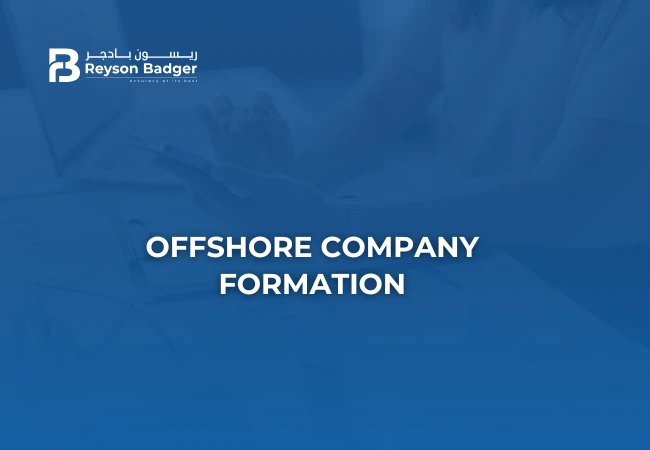A Comprehensive Overview to Navigating Offshore Organization Formation Efficiently
In the realm of worldwide entrepreneurship, forming an offshore service offers both distinct chances and detailed obstacles. As possible investors browse via the complexities of regulatory and lawful structures, recognizing the subtleties of each can make a significant distinction in the effective facility and durability of an offshore entity.
Selecting the Ideal Offshore Jurisdiction
When choosing an overseas territory for company formation, numerous critical aspects have to be taken into consideration to ensure legal compliance and functional effectiveness. Tax policies are extremely important; some jurisdictions supply reduced or no tax obligation rates, which can be extremely beneficial commercial retention. One must also assess the political security of the area to avoid potential threats that could affect organization operations negatively.
Furthermore, the credibility of the jurisdiction can significantly impact the understanding of business worldwide. Choosing a jurisdiction with a solid governing track record might assist in smoother service relationships and financial purchases internationally. Furthermore, the convenience of working, consisting of the simplicity of the registration procedure and the accessibility of knowledgeable regional solutions, ought to be assessed to ensure that the functional requirements are sustained successfully.
Comprehending Legal and Governing Structures

Legal structures in overseas jurisdictions are commonly designed to bring in foreign investment through monetary incentives such as low tax obligation rates and simplified reporting procedures. These advantages can come with stringent regulations aimed at stopping cash laundering and economic fraud. Financiers should navigate these regulations very carefully to prevent lawful pitfalls.


Establishing Your Offshore Company Framework
After comprehending the regulatory and legal structures essential for offshore service operations, the next vital step is to establish the proper organization framework. Usual frameworks consist of International Organization Corporations (IBCs), Limited Liability Business (LLCs), and collaborations.
Selecting the appropriate territory is equally important. Factors such as political security, legal system, and global relations need to be considered to ensure a beneficial and safe and secure environment for business. Popular locations like the Cayman Islands, Bermuda, and Luxembourg provide varied advantages customized to different business demands, consisting of robust lawful systems and favorable governing landscapes.
Inevitably, straightening the organization framework with tactical company objectives click to read more and the selected jurisdiction's offerings is crucial for enhancing the benefits of overseas incorporation.
Managing Conformity and Taxation in Offshore Procedures
Taking care of conformity and taxes is an essential aspect of maintaining an overseas business. Offshore Business Formation. Making sure adherence to the policies of the host country, as well as global criteria, can alleviate see this website legal risks and enhance functional legitimacy. Offshore companies need to remain notified regarding the tax obligation commitments and coverage demands in their picked territory. This consists of understanding the implications of dual taxes agreements and determining whether the service gets approved for any kind of motivations or exceptions.
Company owner must likewise spend in robust compliance programs that include normal audits and employee training to maintain business administration. Involving with legal and financial professionals that focus on international organization law can give important advice and aid navigate the complexities of cross-border tax. These specialists can help in setting up efficient tax obligation structures that straighten with international techniques while maximizing fiscal obligations.
Eventually, persistent management of conformity and tax is crucial for making certain the long-lasting success and sustainability of an overseas enterprise.
Conclusion
To conclude, the successful formation of an overseas organization rest on cautious consideration of jurisdiction, lawful conformity, and the suitable company framework. By meticulously choosing a secure and favorable atmosphere, understanding and adhering to lawful structures, and handling continuous compliance and tax, businesses can establish themselves efficiently on the worldwide phase. This critical approach guarantees not only operational legitimacy but additionally places the company for sustainable growth and lasting success in the international market.
